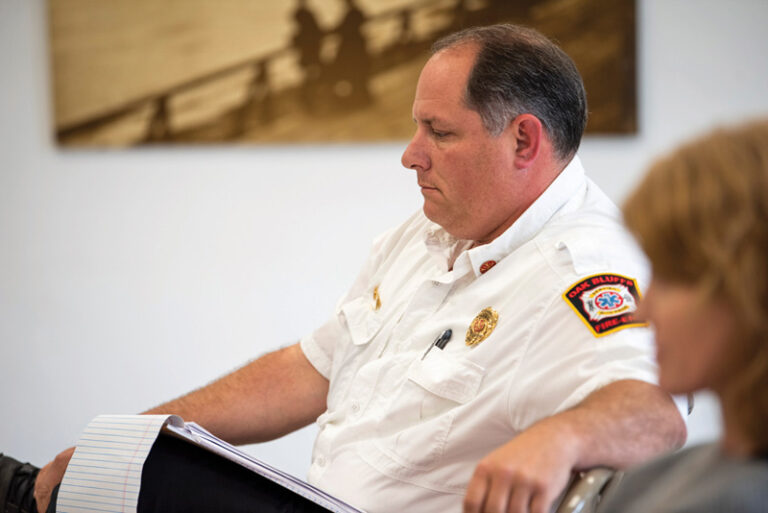While working towards keeping their communities safe, fire services face a number of challenges every day. As John Rose Oak Bluff points out, fire chiefs have to make sure that their firefighters are always ready to go, while lowering their response times. However, several fire departments, especially in smaller communities, tend to be short staffed today due to budget cuts. Many fire stations have been forced to shrink their staffs, while some had to entirely shut down. Today many fire service operators in smaller communities struggle to ensure the safety of responding firefighters and the communities they serve.
John Rose Oak Bluff underlines the funding challenges faced by fire services in smaller communities
In recent years, fire services in many small communities and rural areas have been faced with reduced budget, leading to underpaid firefighters and under equipped departments. As a result, fire departments are also struggling to recruit more people, which invariably increases the amount of time it takes to get to homes and businesses in an emergency. When it comes to recruiting, many smaller communities cannot afford full-time crews and have to rely on volunteers to fill the void. But very few people are even are willing to volunteer these days, as fire fighter training takes time and dedication. Due to the lack of staff, the response times of fire services in smaller communities suffer. Even though these communities may have low call volumes, response time is a challenge as many rural communities cover more ground.
Many volunteer or part time fire departments in smaller communities additionally struggle to purchase or replace needed equipment due to tight budgets. Federal resources are drying up and taxpayers are less likely to approve higher funding for fire departments, which leaves these volunteers in a bind. To lower such issues, firefighter unions may advocate increased funding for firefighting resources. This may include negotiations about budget allocations dedicated to maintaining and upgrading firefighting equipment, like protective gear, communication systems and vehicles. Only when a fire department has adequate funding for equipment and personnel, it would be in a position to timely and efficiently respond to various emergencies.
As John Rose Oak Bluff says, one of the key ways unions tend to contribute to firefighter funding is through negotiations for competitive wages and benefits. Unions typically bargain on behalf of their members and try to make sure that the firefighters are adequately compensated for the demanding and high-risk nature of their work. Having a competitive wage is important to attracting more people to the profession, and avoid the risk of being short staffed in emergencies.
Apart from the wages of the firefighters, unions may even negotiate for comprehensive benefits packages, including health insurance, retirement plans, and other allowances. Such benefits not only serve as a form of financial security for firefighters and their families but also contribute to the overall attractiveness of the profession. Having unions negotiate adequate funding for fire services in smaller communities would help build and maintain a skilled and experienced firefighting workforce, which is essential for effective emergency response.



